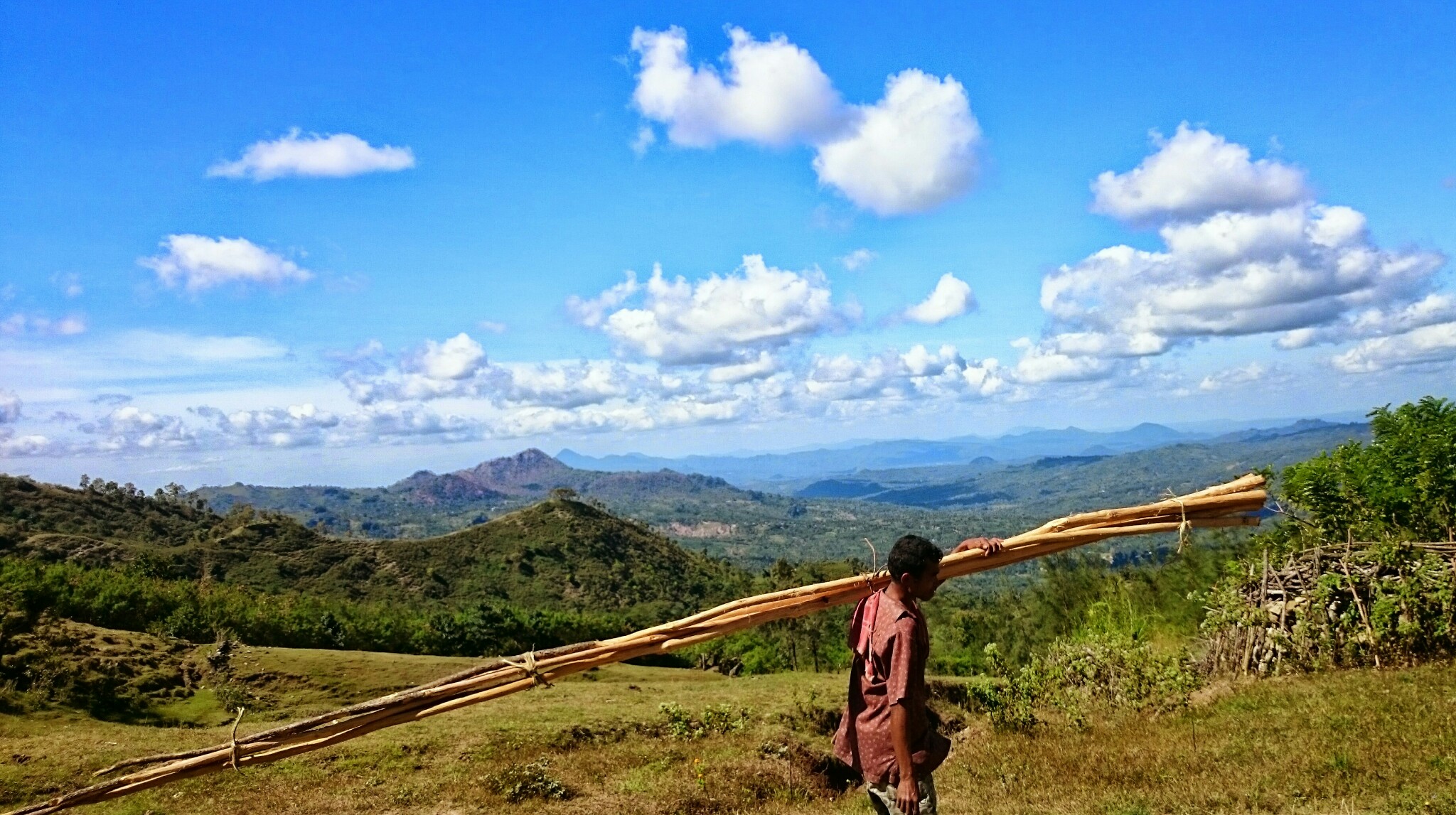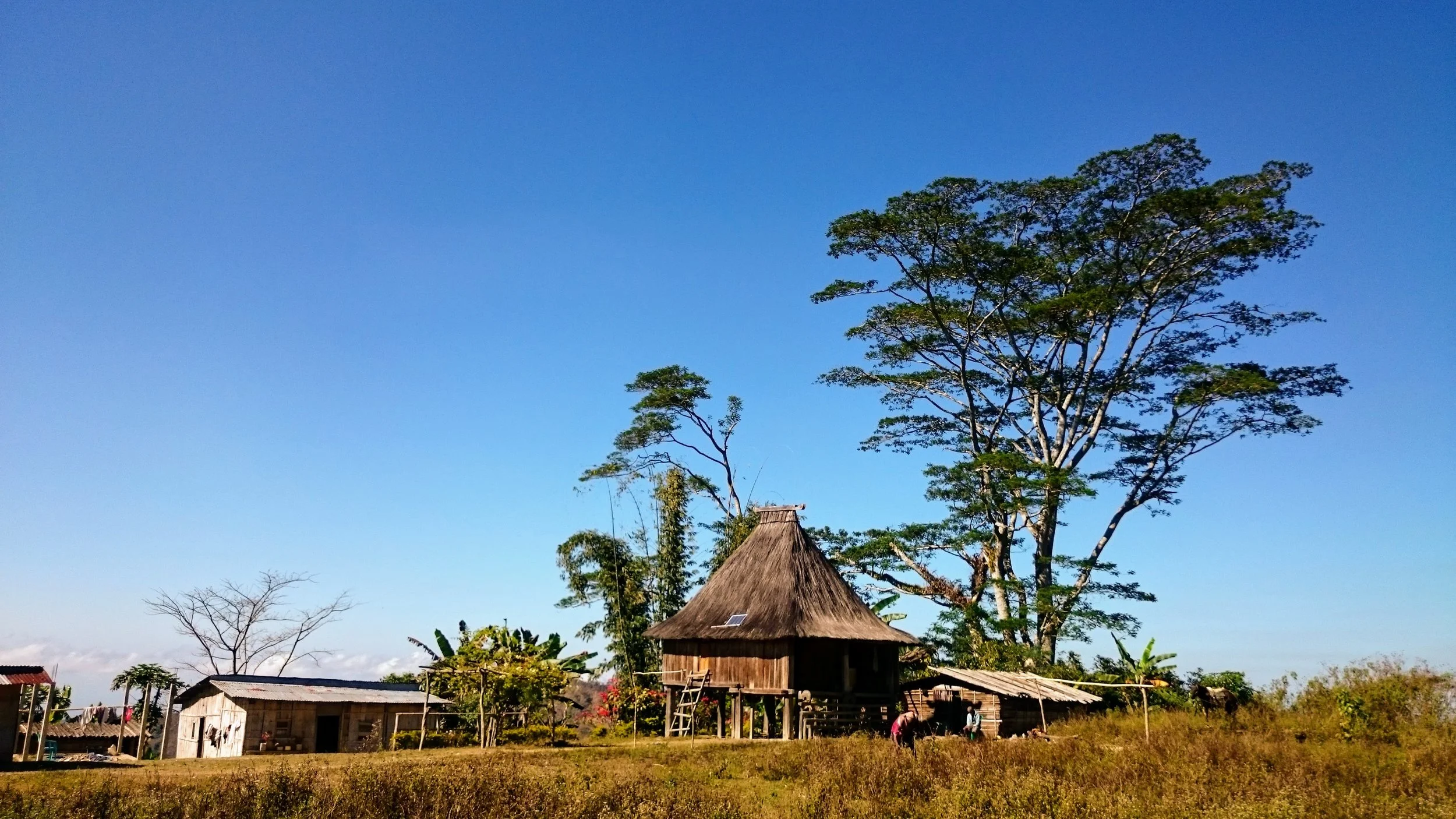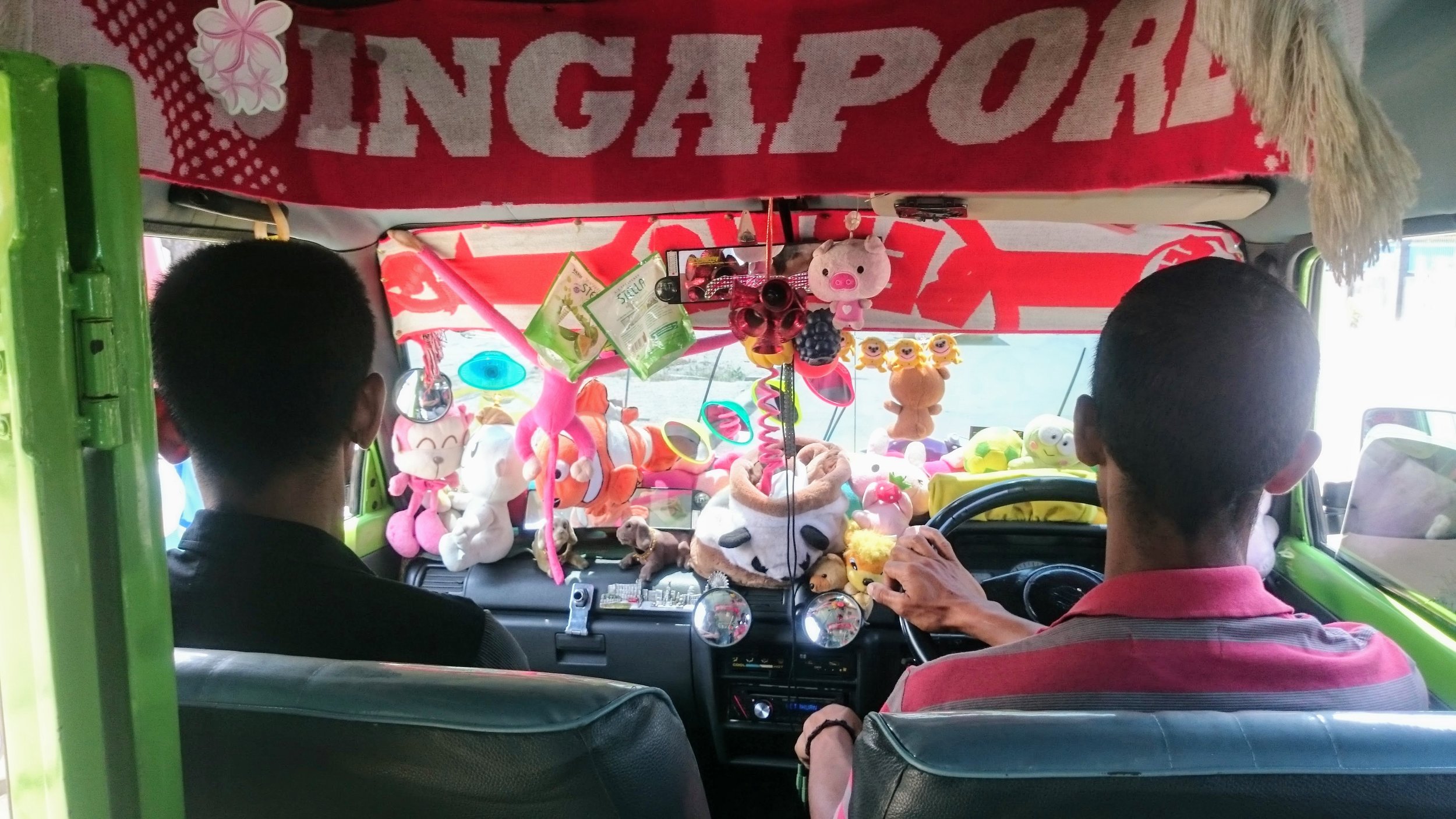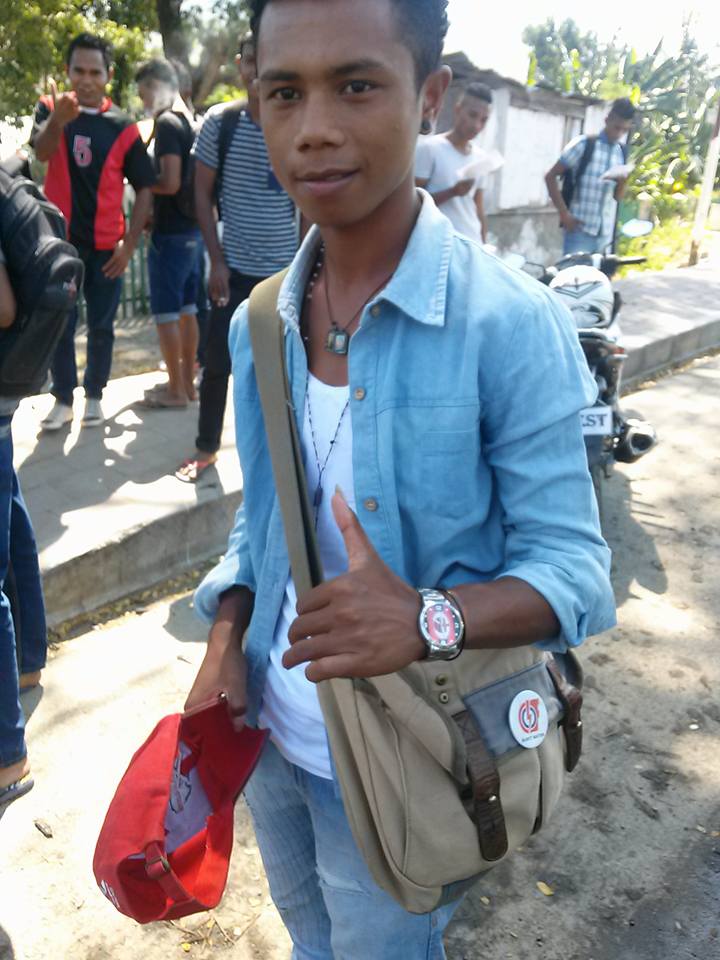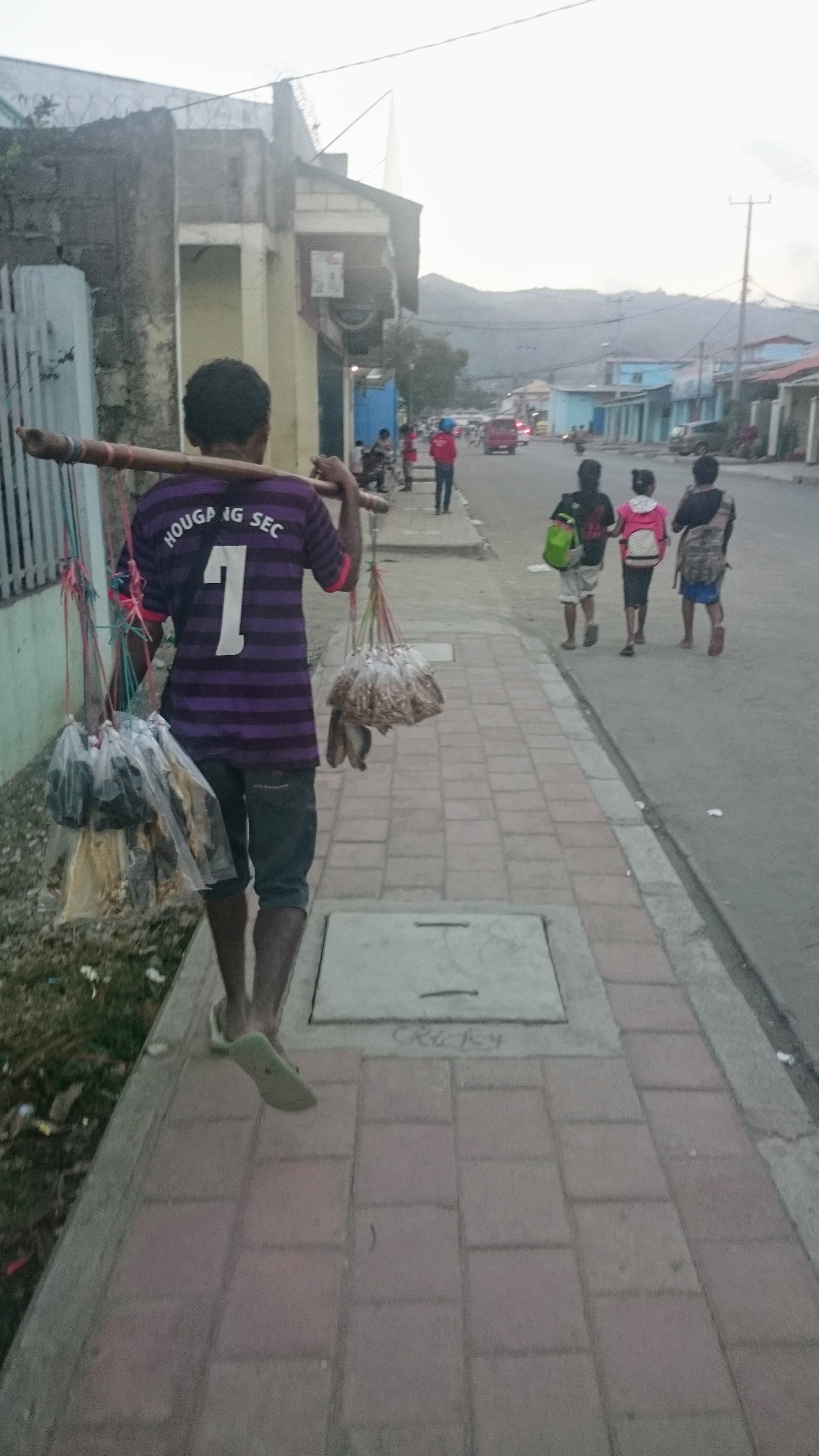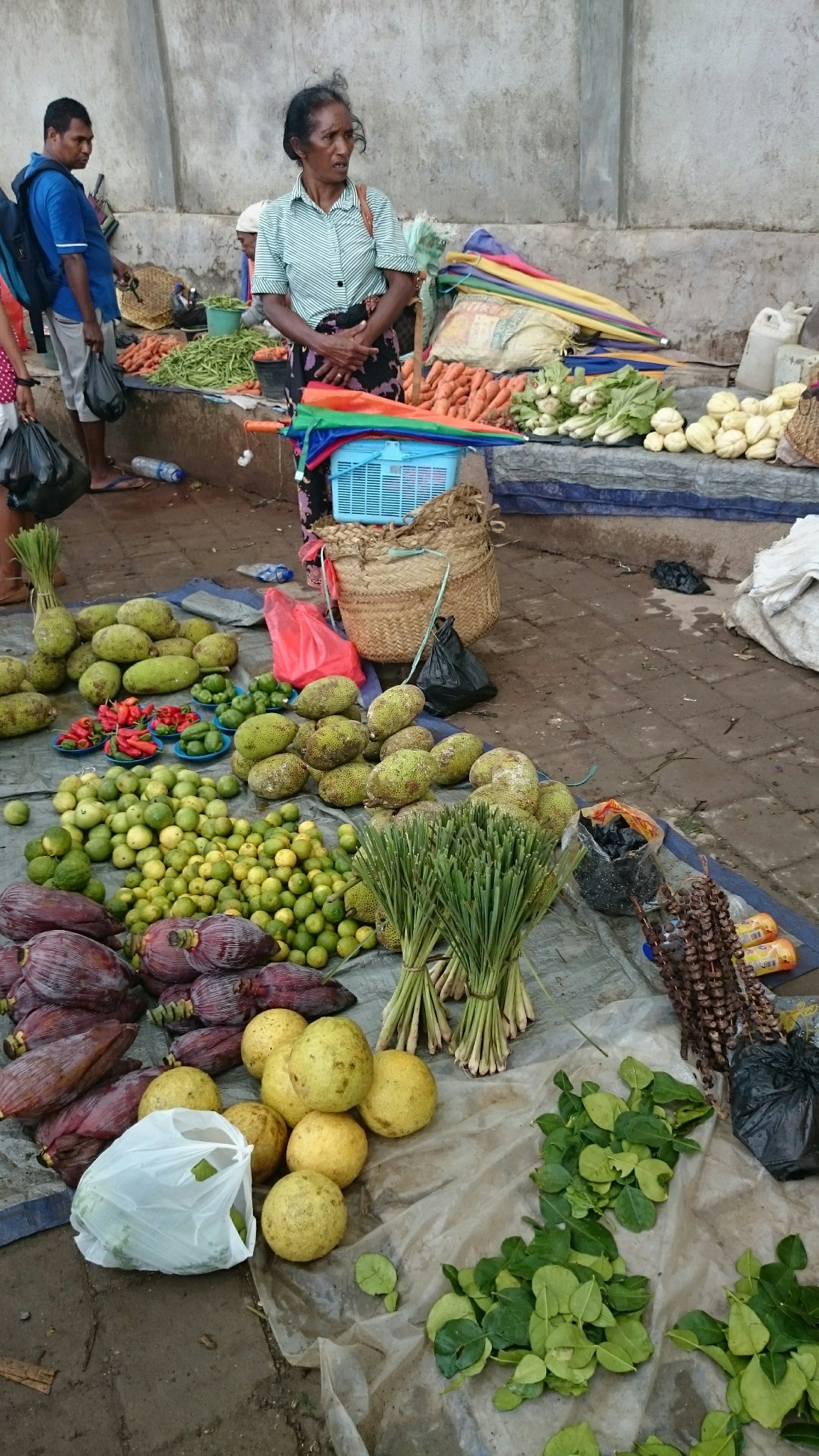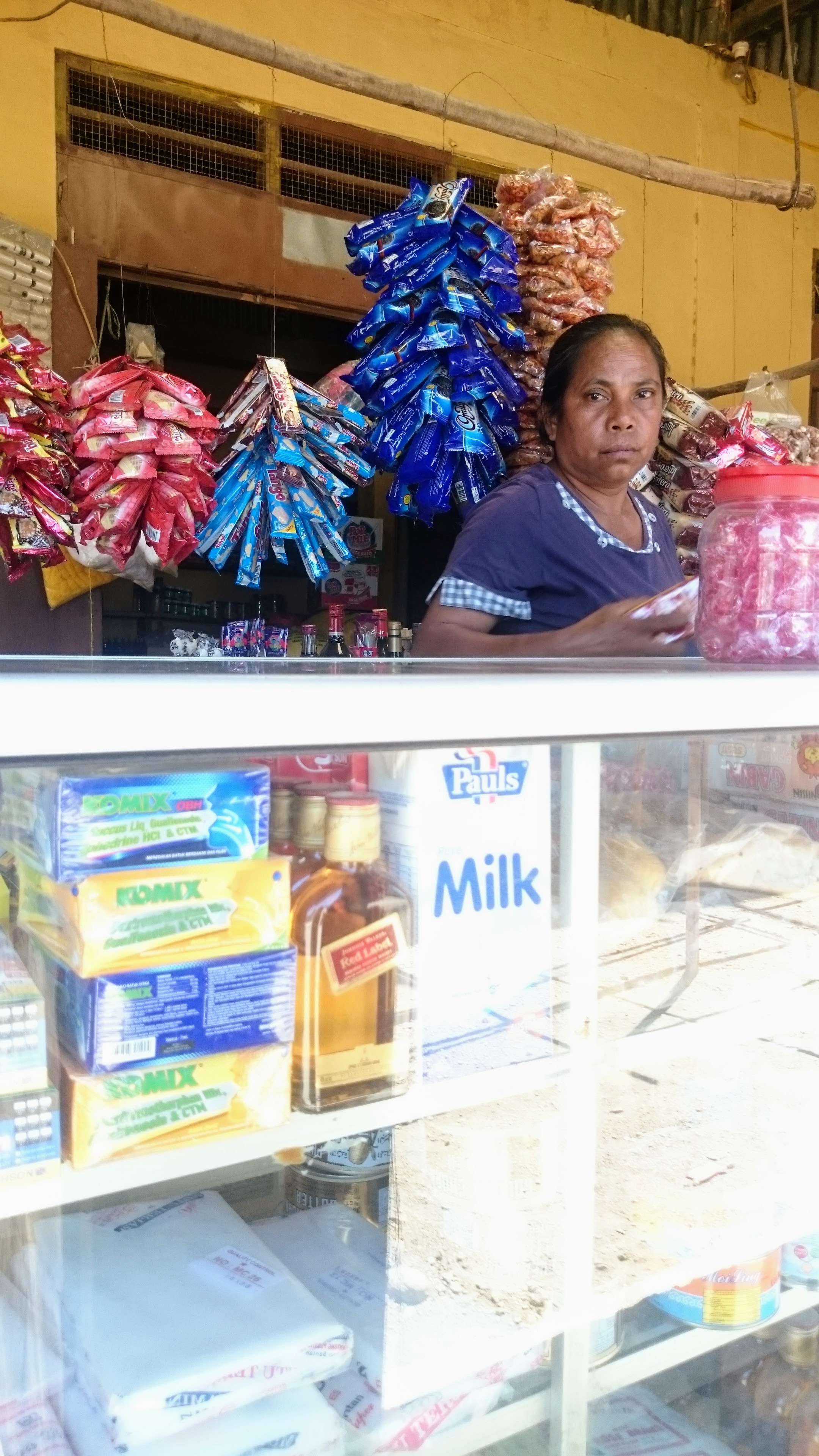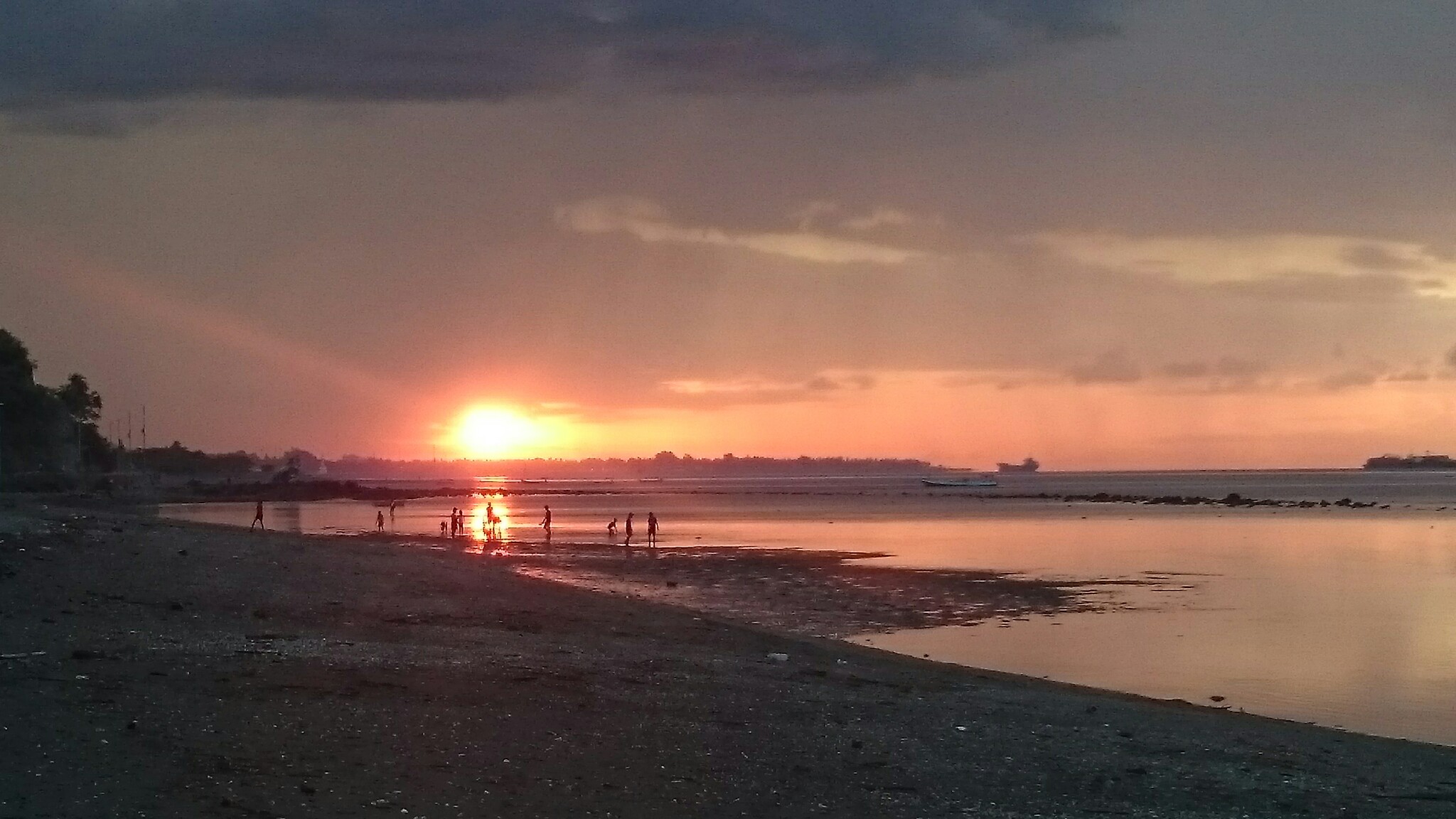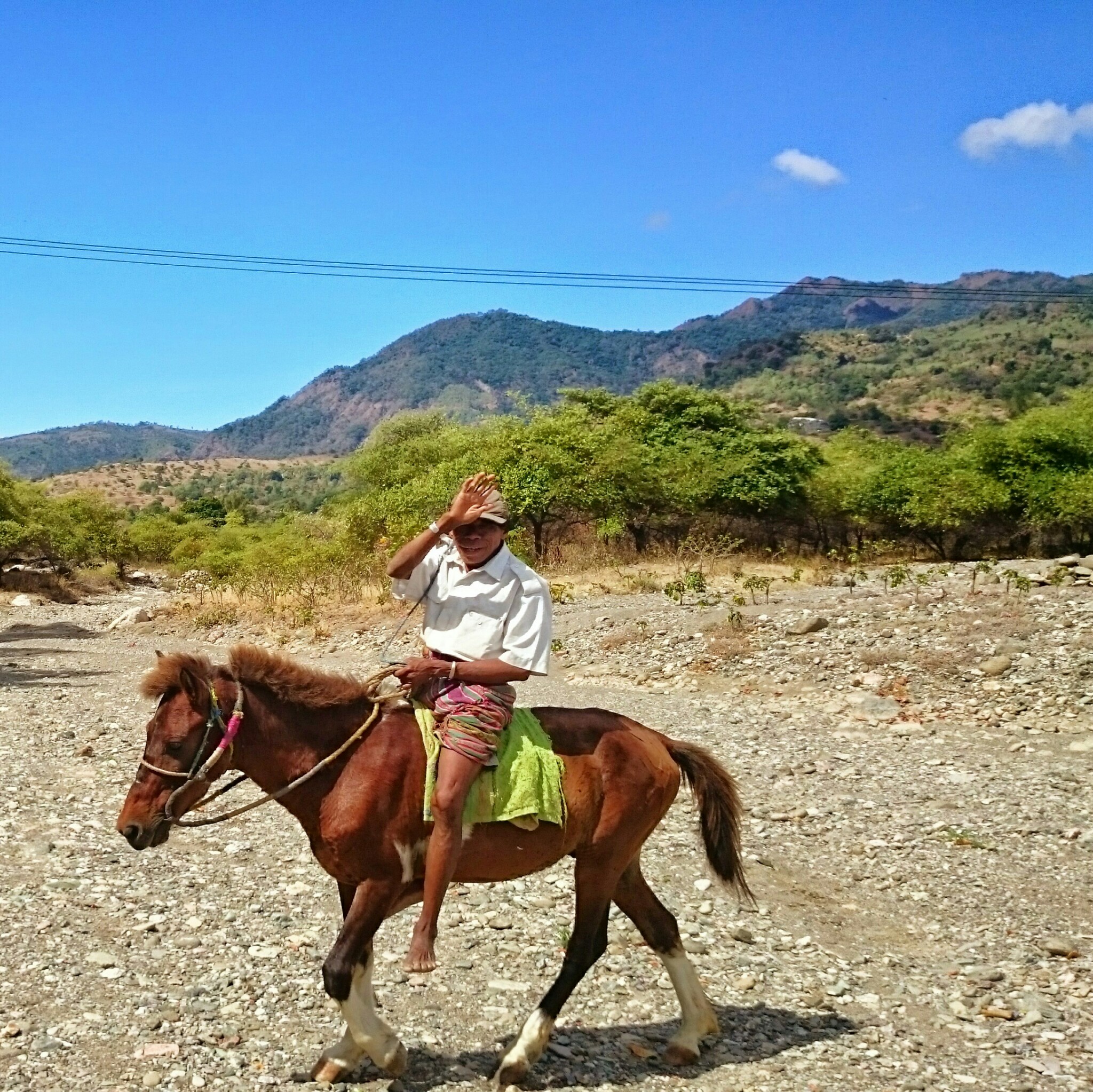TIMOR-LESTE: GRIT & SPLENDOUR
by Khee Shihui, 21 January 2018
I was in Timor-Leste from March 2015 to December 2015. During this time, I worked for the UN Country Team of Timor-Leste. Living there felt like an adventure in time traveling, there were chickens living in my compound, the neighbours reared pigs and cockerels, that contrary to popular belief, crowed at all hours in the day and night, and not just at sunrise; the lack of road signs meant that folks kept eyes peeled for landmarks and described locations in terms of proximity to trees, corner shops, distinctive looking houses or buildings e.g. "opposite the chicken on a stick stalls at Bebonouk"; the power and water outages ensured that I kept candles, matches, torches and an extra large pail of water was always saved at home. And yet, the friendliness of the Timorese people must be what "gotong-royong" (community spirit) felt like in Singapore years ago.
However, the effects of globalisation and development, coupled with the influx of "malaes” (foreigners), meant that old cultures clashed with external influences, and often, it was hard to tell if it was for better or worse. What was extremely fascinating was the vastly different kinds of treatment I received based on peoples' perception of my nationality - I was often mistaken for being American, Chinese, Japanese or Korean, but Singapore was often a last guess upon many rounds of elimination. The respect must be commensurate with the locals' impression of how much these respective parties did to develop and help Timor-Leste.
1. Malnutrition
My work focused on alleviating the chronic malnutrition that affected nearly 50% of the children below the age of 5. What is most unfortunate is that in many developed nations, whilst we are fighting issues like food waste, obesity and diseases brought about by indulgent lifestyles due to widespread wealth and affluence, Timor-Leste is struggling with the permanence of the damages caused by childhood malnutrition - extensive research has proven that the effects of chronic malnutrition are irreversible if the child is not treated before 2-3 years old, and the effects of impeded physical and intellectual development carries well into adulthood.
There are many agencies and stakeholders working to fight malnutrition, from international development actors, foreign aid, local NGOs and communities - but the issue is complex, multi-faceted and has links to the widespread lack of infrastructure (healthcare, sanitation, water, electricity, transportation), the urgent need for education from parents to children, societal and cultural beliefs, the dire economic situation of majority of the population, and the state of the Timorese economy.
The Timorese consume large amounts of rice and instant noodles - cheap carbohydrates are a cheat to feeling full, but how can we convince them of buying more protein or fruits and vegetables, if their minimum wage is only US$120 a month? Dire as the situation may be, Timorese women are some of the most resourceful people I know, and mothers have a way of ensuring that their children eat, even if it meant holding multiple jobs or tending their own vegetable plots behind their houses.
In Timorese culture, the virility of a man is the subject of discussion amongst the neighbourhood - a married couple is expected to produce many children (each household has 5 to 6 children typically) to avoid speculation of the husband's "capability" - if such is the case, how do we work with the families to provide adequately for their little ones? Where do we begin? Rejuvenate the economy to create more jobs outside of agriculture? Improve the education system to produce more skilled workers that have greater productivity and can be paid higher wages? Change the attitudes towards family planning? Teach families perma-culture to supplement their diets? Perhaps, the answer is all at the same time.
2. Travel by Microlet
Typically, foreigners in Timor-Leste might buy a used car (many car dealers in Dili are Singaporeans!) or a motorbike. However, to experience as much of Dili as possible, I mostly travelled on the microlet (small mini-buses), save for lifts from kind friends, or the very occasional cab ride.
Each trip on the micro costs 25 centavos (25 US cents). There are 10 routes that run in Dili. With no official "bus stops", one just waves for the micro to stop, and to alight, you tap loudly on the window rails with your 25 centavos coin. Due to my larger than average size compared to the Timorese, there were times where women actually sat in each other's laps to make space for me!
A "malae" is not often seen in a micro, so there were many random conversations that ensued, with people curious to hear where I was from and what I was doing, and I would do my best to reply in my broken Tetum. Just before I left, I finally managed to ride hanging from the door, perched on the steps, outside the micro - an "outside" rider pays a discounted fare of only 10 centavos!
3. Used Clothing
Used clothes sold by Singaporeans to garung-guni (rag-and-bone) men have a most unlikely destination - Timor-Leste. Each item of clothing might cost 50 cents to 5 dollars, depending on the item, or the perceived wealth or social status of the buyer. When I chanced upon anything obviously Singaporean, it often brought surprise, awe, joy and mirth!
The sight of a macho Timorese man sporting a NYGH (Nanyang Girls High) school shirt made me laugh so hard that I forgot about shooting a photo. Whenever possible, I would approach the wearer, and begin a conversation about the origin of their clothing, and these random chats tend to end with smiles, handshakes and sometimes wefies at the request of the wearers!
Fun as it was, it was also sobering to see what we've discarded flooding the Timorese marketplace, and to witness the Timorese carefully picking out gems from these overflowing heaps of unloved garments. Some are even brand new with their tags on. It made me think about how much we needlessly shop, and perhaps the rise of fast fashion has irreversibly enabled this careless attitude to our belongings, encouraging careless and casual consumption. Here, a shirt may cost just US$1, and a dress US$2. I hope the new owners would cherish these threads more than their previous owners had.
4. Street Vendors and Local Markets
Street vendors hawk anything, from newspapers, snacks, fish, fruits and vegetables, pulsa (credits for pre-paid mobile lines), woven straw baskets, carved statues, tourist trinkets, coconuts, tais cloths (handwoven traditional fabric) and sometimes even fuel for your motorbike.
The pulsa and produce vendors seem to be doing brisk business and customers flock to them whenever they appeared, the vegetable carts are gathering points for women to meet and catch up, but I often wonder about the rest who wander dejectedly from rejection to rejection. How does one make a decent living from such an informal economy? A majority of the Timorese sustain themselves in this manner.
With an increased focus on education, young people hope to have more opportunities that lead to meaningful work and better wages. Those who can move from the rural districts into Dili, and the luckier ones from Dili to Indonesia, Australia, Europe (or any other foreign country). All of them share the same dreams - of a brighter future, and a way to share in the rapid development of the world.
5. The Natural Beauty of Timor-Leste
Much of Timor-Leste is untouched and unspoilt, a paradise hidden away from urban planners and developers. Here are some photos of the landscape, and of local traditions and costumes.

